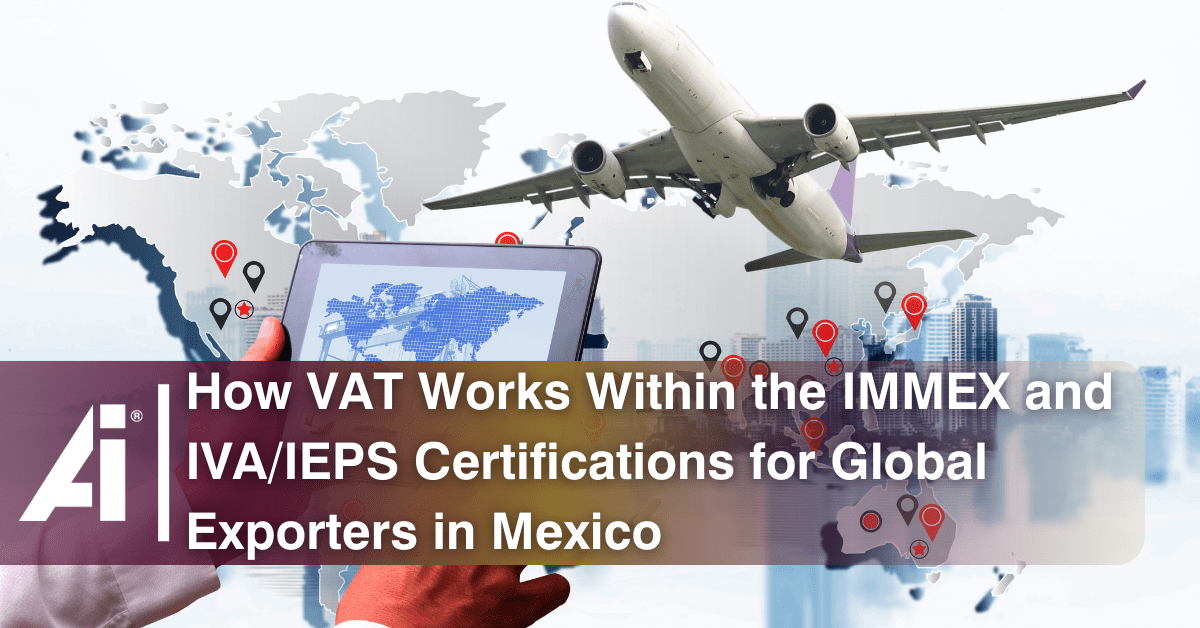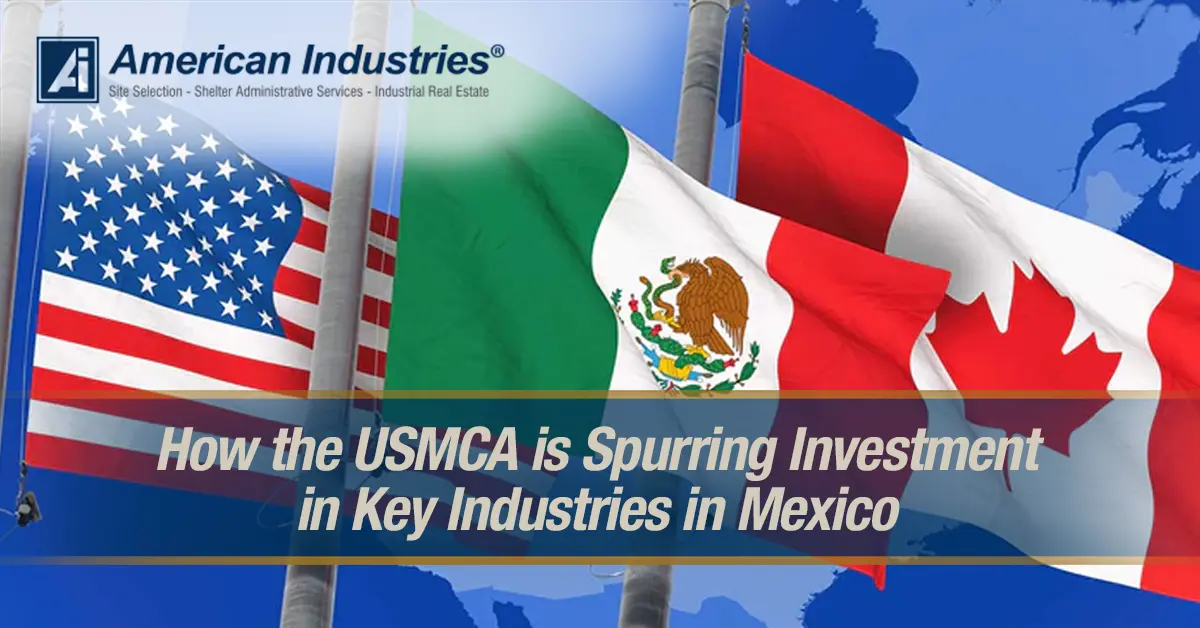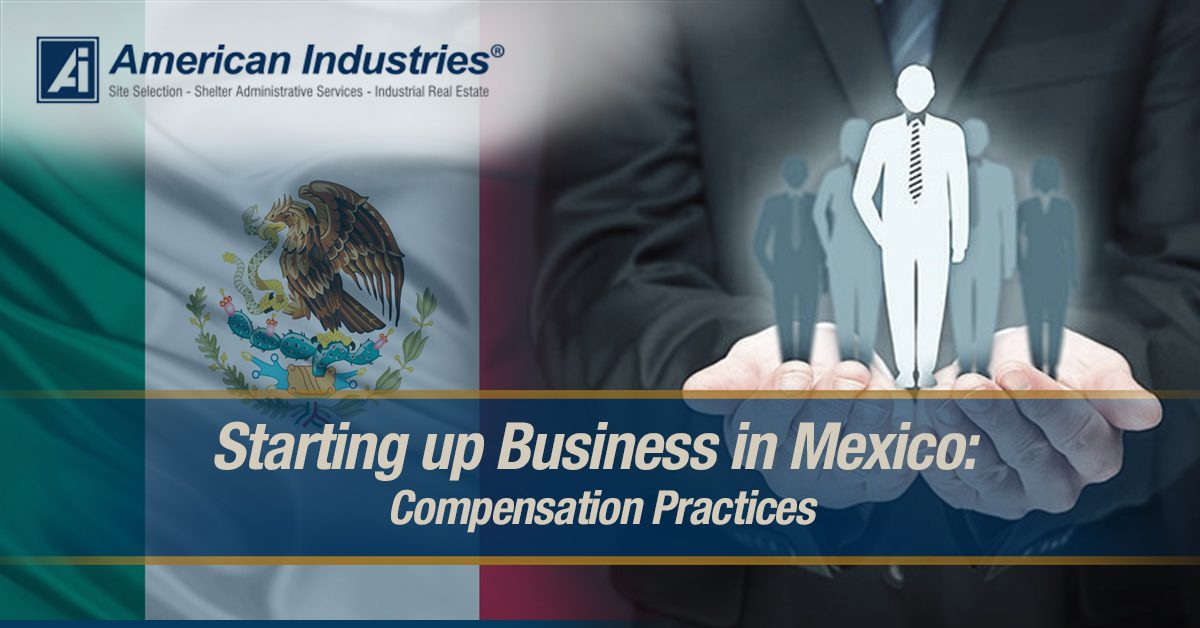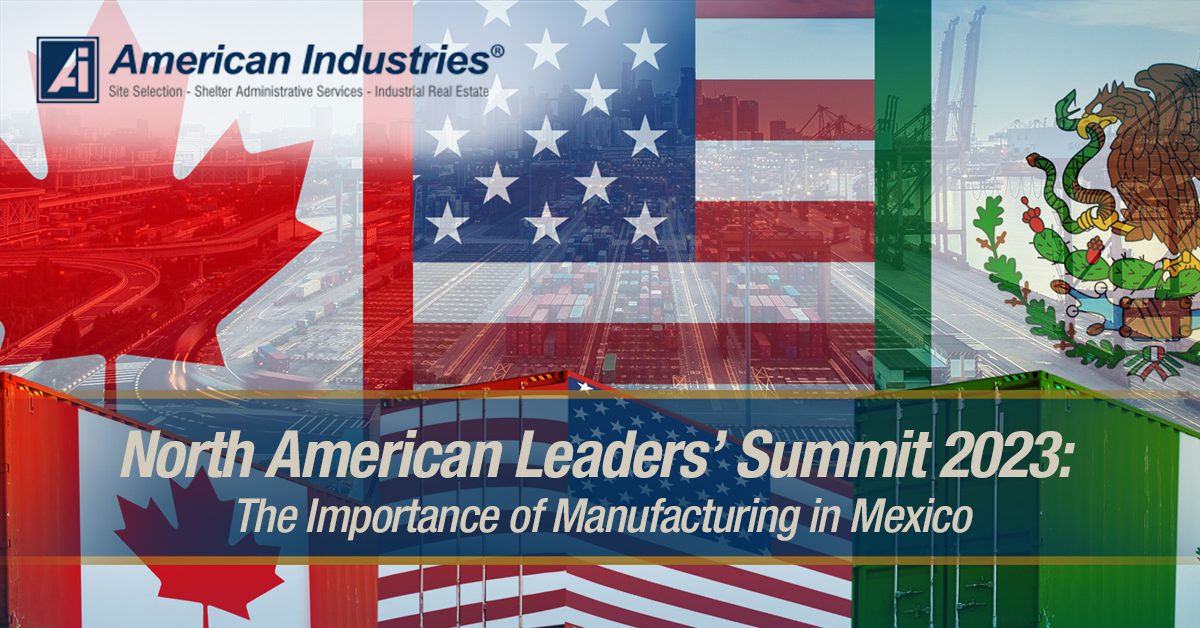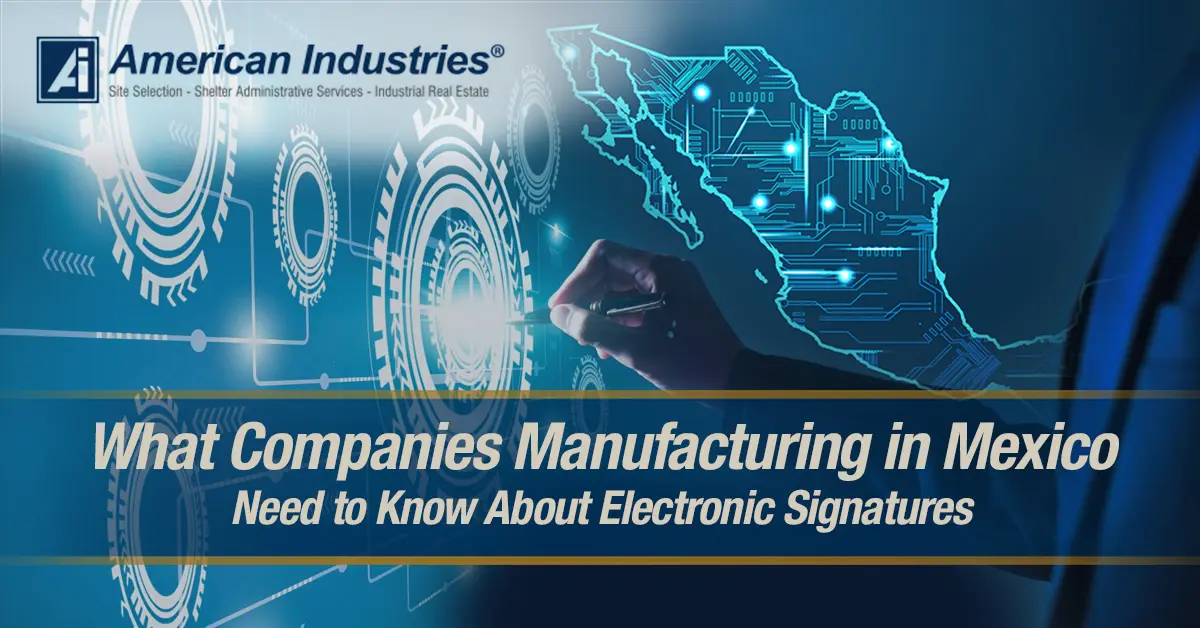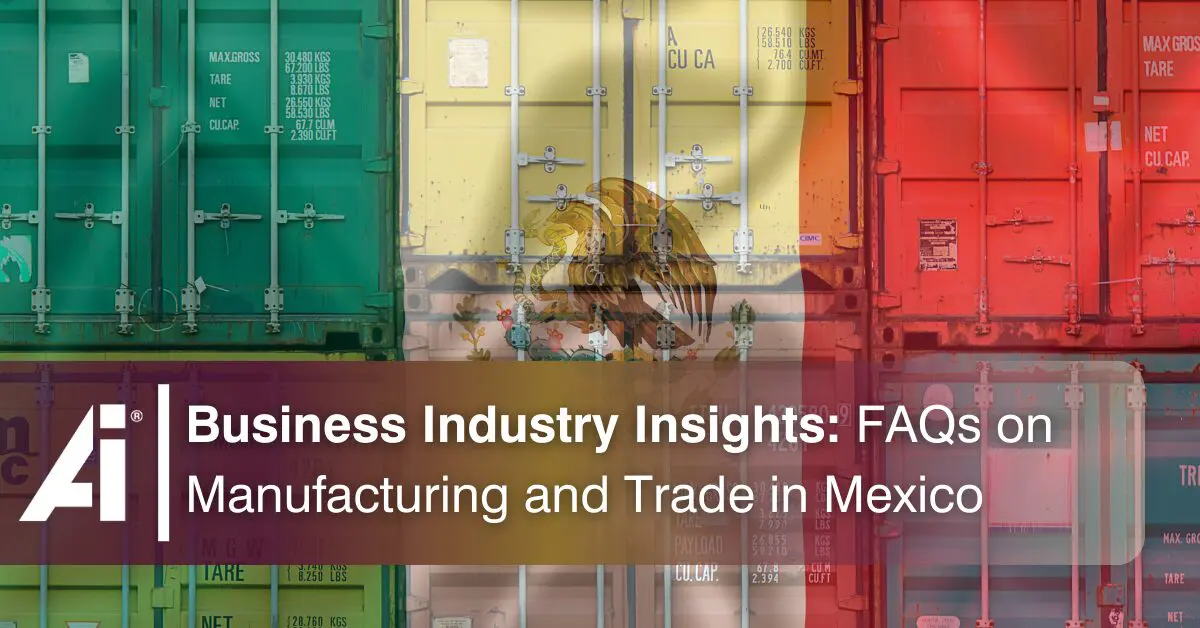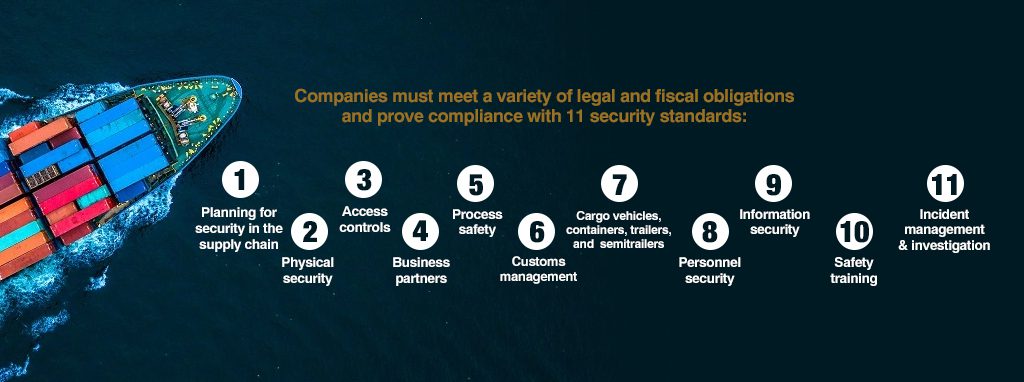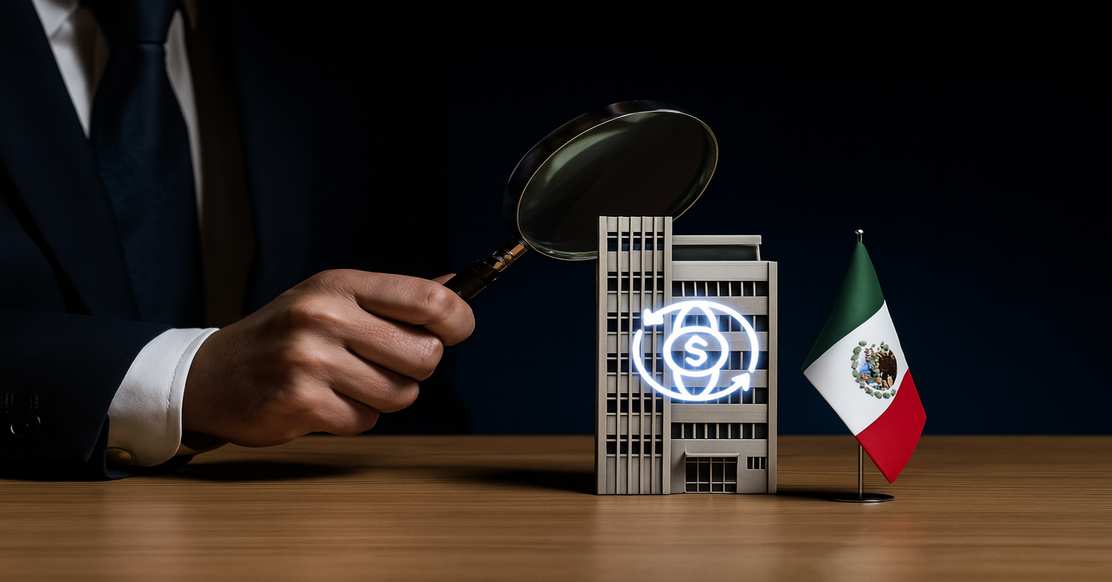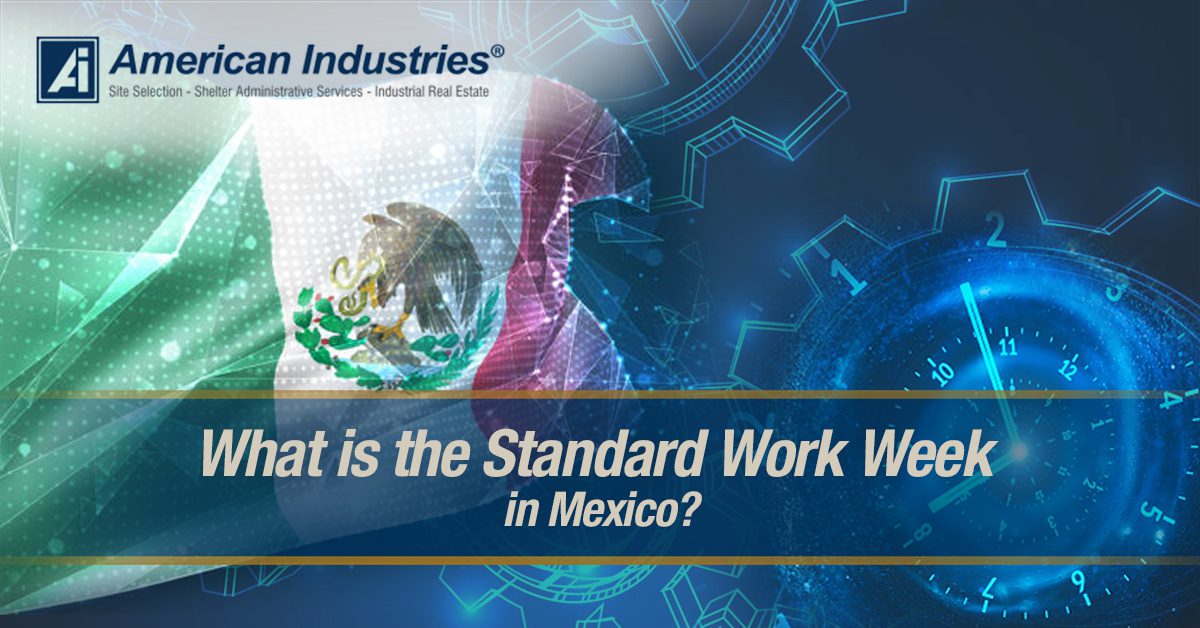OEA Certification in Mexico: Everything You Need to Know
By Alejandro Rey | OEA Supervisor

Published 25/04/2025
As global supply chains grow more complex, securing and simplifying international trade operations has become a strategic priority for manufacturers. For companies operating in Mexico, obtaining the OEA certification offers a clear competitive edge by enhancing customs efficiency, reinforcing trust with trade partners, and demonstrating a strong commitment to compliance and operational integrity.
What Is the OEA Certification in Mexico?
The Authorized Economic Operators certification (known in Mexico as OEA) is a voluntary program promoted by the World Customs Organization aimed at increasing supply chain visibility and security that streamlines cross-border shipping for US companies manufacturing in Mexico and international companies engaging in cross-country shipping.
The program, which prior to 2016 was known as NEEC (New Scheme of Certified Companies, is Mexico’s equivalent of the C-TPAT (Customs-Trade Partnership Against Terrorism) certification granted by the US Customs and Border Protection. Under a mutual recognition agreement signed by both countries, companies with OEA certification can interact with C-TPAT certified companies as equals.
Who Can Apply for OEA Certification?
Any company involved in import or export activities in Mexico—including manufacturers, logistics providers, and service companies—can apply. It is particularly advantageous for companies operating in regulated industries or dealing with high-value, sensitive, or hazardous goods.
Requirements for OEA Certification in Mexico
To qualify, companies must meet several legal and fiscal obligations and demonstrate compliance with 11 minimum security standards, designed to ensure full visibility, control, and resilience across the international supply chain. These standards must be documented, implemented, and periodically audited by authorized personnel.
- Supply Chain Security Planning
Companies must identify, assess, and mitigate potential risks in their supply chains through customized security plans. These plans must address threats such as contraband, money laundering, arms and human trafficking, and terrorism, and include annual updates, regular audits, and contingency protocols for emergencies like customs closures, bomb threats, or power outages. - Physical Security of Facilities
Facilities must be protected using fences, barriers, and surveillance systems to control access and prevent tampering. This includes securing cargo areas, parking zones, and entry points with proper lighting, locks, emergency alarms, and CCTV systems, ensuring 24/7 monitoring and response capability. - Access Control Procedures
Access to company facilities must be controlled through documented protocols. Security personnel must monitor and authorize entry for employees, visitors, and suppliers while maintaining logs and physical safeguards to ensure only authorized personnel can access sensitive areas. - Business Partner Screening and Selection
Companies must establish vetting processes for selecting and retaining business partners, including reference checks and security evaluations. Additional measures may be required based on each partner’s risk profile to ensure they comply with OEA standards. - Process Safety in Logistics and Customs
Detailed documentation and supervision of logistics operations are required at every stage—from loading and unloading to customs clearance and warehousing. Companies must track goods, verify transport routes and delivery times, and assign personnel to monitor cargo handling and documentation integrity. - Customs Broker and Procedure Management
Companies must outline criteria for selecting customs agents and ensure customs operations comply with applicable laws and controls. This includes documenting procedures and maintaining oversight throughout the customs process. - Secure Cargo Transport and Vehicle Integrity
High-security locks or seals meeting ISO 17712 standards must be used for containers and transport units. Companies must regularly inspect vehicles for hidden compartments and tampering, checking areas like fuel tanks, tires, and air filters to prevent illicit activities. - Personnel Background Checks and Security
Human resources practices must include background checks and security measures tailored to each employee’s role and risk level. Companies must comply with all labor laws and maintain up-to-date social security and employment records. - Information Classification and Digital Protection
Companies must classify and safeguard physical and digital documents based on their sensitivity. This includes implementing cybersecurity protocols to prevent unauthorized access, data breaches, and digital espionage. - Employee Safety and Security Training
All staff must receive training on supply chain security policies, threat recognition, and incident reporting. Depending on their roles, additional modules may be required, such as IT security, anti-money laundering compliance, and substance abuse awareness. - Incident Reporting and Corrective Action Plans
Procedures must be in place for identifying, reporting, and investigating supply chain incidents. Corrective actions should be documented and implemented to prevent recurrence, and all records must be available for review by authorities when required.
Benefits of the OEA Program in Mexico
Obtaining OEA certification offers significant strategic and operational advantages for companies involved in international trade from Mexico. These benefits go beyond compliance—they improve business performance, reduce risks, and position certified companies as preferred partners in the global supply chain.
- Faster Customs Processing
Certified companies benefit from expedited customs procedures, including preferential treatment at border checkpoints. This means shorter clearance times, reduced delays, and improved delivery reliability—critical for just-in-time operations and complex logistics chains. - Reduced Inspections
OEA status reduces the frequency and intensity of customs inspections. Because certified companies are considered low risk, they are less likely to face random or intensive reviews, minimizing disruptions to shipments and avoiding costly delays. - Improved Risk Profiling
Through the certification process, companies implement robust internal controls and risk assessments. This meets regulatory requirements and improves the organization’s ability to identify and address vulnerabilities, enhancing overall operational resilience. - Recognition by C-TPAT Certified Partners
Thanks to a mutual recognition agreement between Mexico and the U.S., companies with OEA certification are treated as equivalent to those certified under the U.S. C-TPAT program. This facilitates cross-border collaboration and builds trust with North American partners who rely on secure, compliant supply chains. - Enhanced Reputation and Trust in the Supply Chain
Being OEA-certified signals to customers, suppliers, and authorities that a company is committed to security, compliance, and best practices. This reputation can lead to stronger partnerships, more favorable contract terms, and greater competitiveness in regulated or high-value industries.
Minimum Standards Companies Must Meet to Qualify for OEA Certification
- Planning for security in the supply chain: Companies must develop and implement custom measures to identify, analyze, and mitigate security issues in the supply chain, depending on their operations.
- Physical security: Companies must ensure the physical security of facilities using measures such as fences, barriers, and other mechanisms to prevent unauthorized access and identify and separate international, high-value, and hazardous cargo.
- Access controls: Companies must hire security personnel who follow documented procedures to oversee and monitor access to authorized personnel, visitors, and suppliers.
- Business partners: Companies must have written procedures for selecting and maintaining business partners, including an investigation process and references check.
- Process safety: Companies must implement and map out merchandise logistics flow and documentation required for each step in their international supply chain to ensure the integrity of goods during transport, handling, customs clearance, and warehousing
- Customs management: Companies must have policies in place documenting the criteria for selecting a customs agent that carries out customs processes according to law, with all the proper controls in place for ensuring compliance
- Cargo vehicles, containers, trailers, and semitrailers: Companies must use high-security locks or seals that meet or exceed the ISO 17712 standard for each transport method and have methods in place to oversee the use and tracking of these.
- Personnel security: Companies must have policies in place for the hiring, firing, and administration of personnel, including verifying information from their applications and implementing other security measures depending on the risk profile for their position.
- Information security: Companies must have procedures to classify and handle documents according to their importance and sensitivity to deter and prevent unauthorized use or disclosure.
- Safety training: All administrative and operations personnel must receive training on supply chain security policies and handling and reporting security threats.
- Incident management and investigation: Companies must have procedures and documentation in place for reporting, investigating, and analyzing supply chain security incidents and corrective actions to prevent recurrence.
If you would like to know more about our shelter services and how American Industries can help your company facilitate the process of setting up operations in Mexico, reach out today.
YOU MIGHT ALSO LIKE
